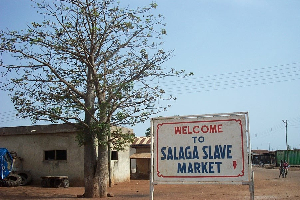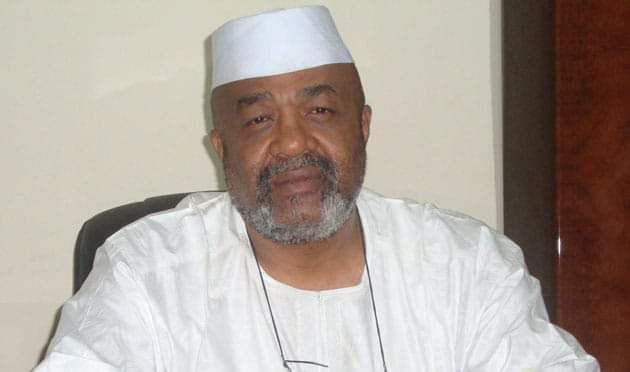London Teenager Wins Appeal to Challenge Parents’ Decision to Send Him to Boarding School in Ghana

A significant legal battle is unfolding in London, where a 14-year-old boy, whose identity is protected for legal reasons, has been granted permission by the Court of Appeal to challenge his parents’ decision to send him to a boarding school in Ghana. The case highlights a complex intersection of parental authority, cultural discipline, and the urgent societal issue of youth violence in the UK.
The teenager claims he was deceived by his UK-based Ghanaian parents, who reportedly told him they were embarking on a trip to visit a sick relative. Instead, in March 2024, he found himself enrolled in a boarding school in Ghana, far from his birthplace and home in London. This alleged deception forms the core of his distress and subsequent legal challenge.
The boy initially brought his case to the High Court in London in February of this year, seeking to have his parents’ decision overturned and to be allowed to return home. However, his initial attempt was unsuccessful, and he remains enrolled at the Ghanaian institution.
During the High Court proceedings, the court heard compelling arguments from both sides. The boy’s representatives articulated his deep homesickness and sense of displacement. Conversely, his parents staunchly defended their decision, asserting it was made in their son’s best interest. Their primary concern, as presented to the court, was that their son was increasingly being drawn into criminal activity within the British capital. This concern is particularly acute given the alarming statistics surrounding fatal knife crimes in London, which have disproportionately involved black teenagers.
On Thursday, in a crucial development for the boy, the Court of Appeal ruled that his case could be reheard. Sir Andrew McFarlane, a judge in the Family Division, expressed significant reservations about the clarity and thoroughness of the earlier High Court decision. “We have become more and more concerned as to the exercise the judge undertook,” he stated, hinting at potential confusion or misjudgment in the initial ruling. He strongly urged the family to seek an amicable resolution through constructive dialogue, emphasizing the importance of finding a path forward that considers the well-being of the child.
Deirdre Fottrell KC, representing the boy, passionately articulated her client’s predicament to the court. “He is culturally displaced and alienated. He considers himself abandoned by his family. He feels he is a British boy, a London boy,” Fottrell conveyed, painting a picture of a young individual struggling with his identity and feeling disconnected from his familiar environment and family support system. This sentiment encapsulates the emotional toll that such a drastic cultural and geographical shift can take on a teenager.
However, Rebecca Foulkes, the lawyer representing the parents, countered by explaining the difficult position her clients faced. “The parents found themselves in a wholly invidious position when they made the decision they did. Ghana provided a safe haven, separate from those who exposed him to risk. The least harmful option is for him to remain in Ghana,” Foulkes argued. This defense highlights the desperate measures some parents feel compelled to take in an attempt to protect their children from perceived dangers in their immediate environment.
In the initial High Court judgment, Mr. Justice Hayden had acknowledged the concerns regarding the boy’s potential involvement in illicit activities. He stated his belief that the boy had “at the very least, peripheral involvement with gang culture and and has exhibited an unhealthy interest in knives.” This assessment underpinned the initial decision to uphold the parents’ placement of the boy in Ghana.
The phenomenon of Black parents in the UK sending their “wayward” children to African or Caribbean nations in the hope of instilling greater discipline within societies perceived to be stricter is not uncommon. These parents often believe that a change in environment, coupled with more traditional disciplinary structures, can steer their children away from negative influences prevalent in certain urban areas of the UK.
This particular case has taken on even greater significance, resonating deeply among parents in London who are profoundly worried about the escalating rate of knife crime, especially among Black teenagers. The statistics are stark: despite Black individuals constituting approximately 13.5% of London’s total population, they account for a disproportionate 47.4% of those arrested for knife-related offenses. This figure stands in stark contrast to the 36.5% for white individuals, according to data from the Metropolitan Police.
The severity of the situation has prompted significant government action. The UK government has appointed British actor Idris Elba, who himself has Ghanaian and Sierra Leonean heritage, to spearhead efforts to tackle this pervasive knife crime crisis. Elba has been actively engaging with young offenders, meeting with bereaved families, and collaborating with police officers to gain a deeper understanding of the complex factors driving the rising trend in knife violence. His involvement underscores the national urgency and the multifaceted approach required to address this societal challenge.
For the 14-year-old boy’s case, while the Court of Appeal has granted a rehearing, a full written judgment detailing the reasoning behind this crucial decision is expected to be released at a later date. The outcome of this case will undoubtedly have significant implications for parental rights, child welfare, and the ongoing debate surrounding youth crime and disciplinary interventions within the diaspora community in the UK.
Source: http://thepressradio.com





